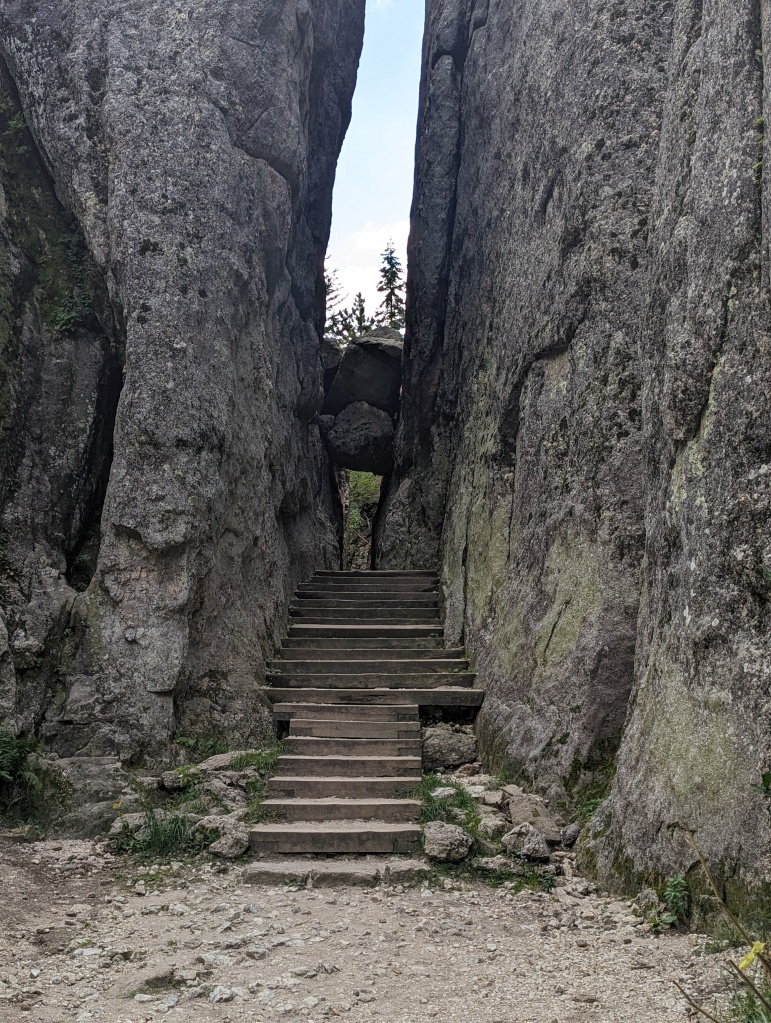Readings: Psalms 46-49
Psalm 47:2 – “Because the LORD Most High is awesome, he is the great king of the whole world.”

Our first three Psalms are about trusting God and celebrating God’s power and might. Psalm 49 comes as a warning about trusting in something other than God. While this Psalm is about the danger of trusting in wealth, we could substitute self, status, power, beauty, fame, possessions… There are more than a few false gods that we can worship instead of the one true God.
Psalm 46 celebrates God as our refuge and strength – always. Storms will come. Some are powerful. Life will rain on our parade. Yet God is always there. God won’t crumble. God is our place of safety. This theme is picked up in Psalm 49, except this one is about physical safety. God is in the very walls of Jerusalem. The city is a place of safety and security. Within the walls one also finds God’s righteousness and justice. These too dwell in the city of God.
Psalm 47 celebrates God as “the great king of the whole world.” God subdues the nations and chooses Israel’s inheritance. God will subdue the forces of this world too. God will reign over all those voices that clamor and vie for our attention and allegiance. It is a choice we all must make: to listen or not.
Psalm 49 addresses this choice. The author begins, “Listen closely… rich and poor alike.” He or she offers this wisdom: “Wealth? It can’t save a single person!” By the way, the psalmist says, the wise die too. But those who “do right in their heart” – the psalmist(s) declare, “God will save my life from the power of the grave.” What hope, what promise. May we set our hearts on doing right.
Prayer: Lord God, there are many choices about what or whom to follow, on what to be consumed by. O Lord our God, be our consuming fire. Like a moth to a flame, draw us into your presence. Refine us in your fire. Draw us into the power of your love. It has the power to save. Guide us deep into that love. Amen.









